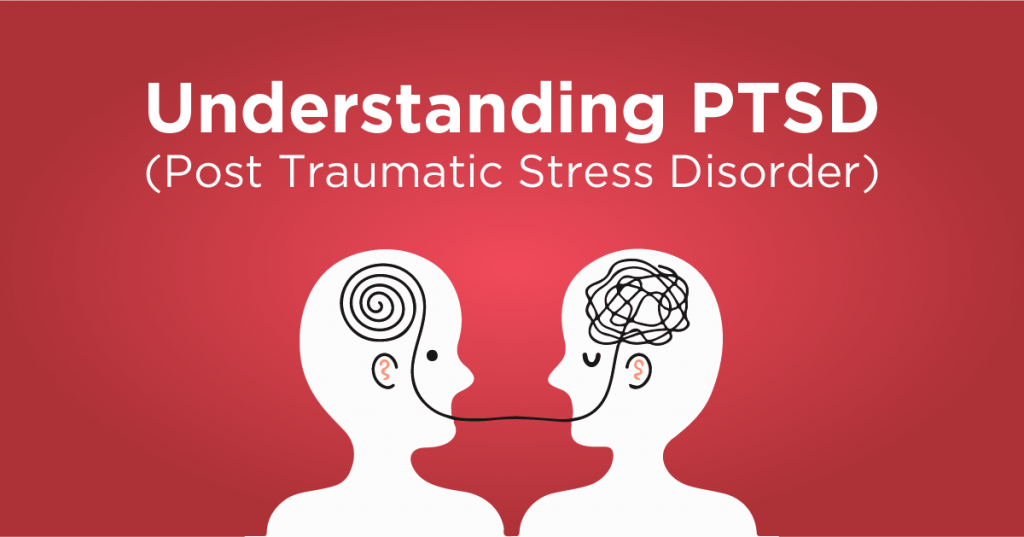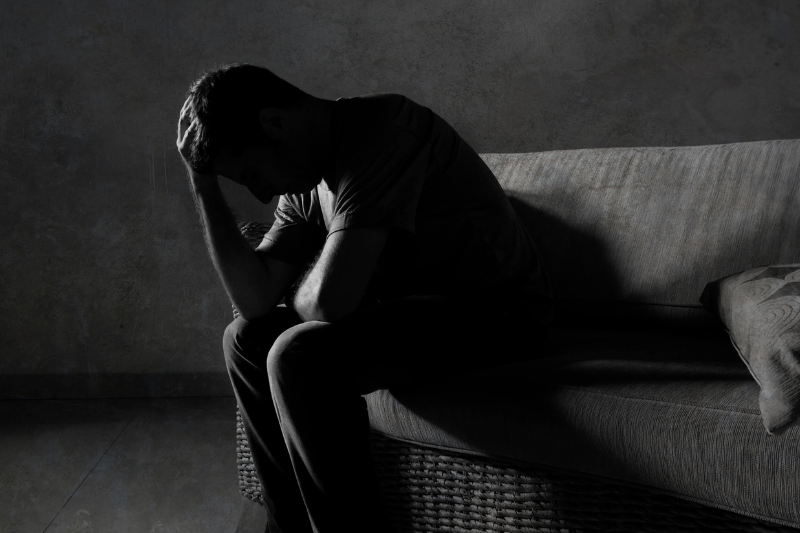
Post-traumatic stress disorder (PTSD) is a mental health condition that can occur after a person experiences or witnesses a traumatic event. It is a complex condition that can affect individuals of all ages and backgrounds.
Symptoms of PTSD can vary from person to person, but they generally fall into four categories: intrusive memories, avoidance, negative changes in thinking and mood, and hyperarousal. Symptoms may start within one month of a traumatic event, but sometimes symptoms may not appear until years after the event. These symptoms can significantly affect their social interactions and relationships. They can also interfere with your ability to go about their normal activities.
Intrusive memories can include flashbacks, nightmares, and uncontrollable thoughts about the traumatic event. Avoidance symptoms can include avoiding people, places, or activities that remind the individual of the traumatic event. Negative changes in thinking and mood can include feeling detached from others, feelings of guilt or shame, and loss of interest in activities. Hyperarousal symptoms can include being easily startled, feeling on edge, and having difficulty sleeping.
PTSD can be caused by a variety of traumatic events, such as sexual or physical assault, military combat, natural disasters, or accidents. It is important to note that not everyone who experiences a traumatic event will develop PTSD.
The severity of PTSD symptoms can change over time. When you are generally stressed out or come across memories of what you went through, you may experience more PTSD symptoms. For instance, you might hear a vehicle explode and remember a battle. Alternatively, you might be overcome with memories of your own attack after watching a news broadcast about a sexual assault.

Treatment for PTSD typically involves a combination of medication and therapy. Antidepressant and anti-anxiety medications can help alleviate symptoms of depression and anxiety that often accompany PTSD. Therapy, such as cognitive-behavioral therapy (CBT) and exposure therapy, can help individuals learn coping skills and techniques to manage their symptoms and gradually confront and process the traumatic event.
Other therapies such as eye movement desensitization and reprocessing (EMDR), mindfulness, and group therapy have also been shown to be effective in treating PTSD.
It is important for individuals with PTSD to seek help from a mental health professional as soon as possible. Without proper treatment, PTSD symptoms can worsen and lead to additional problems such as substance abuse, depression, and suicidal thoughts.
PTSD is a treatable condition, and with the right treatment and support, individuals can recover and lead fulfilling lives.
Author-Ahanta Bred





